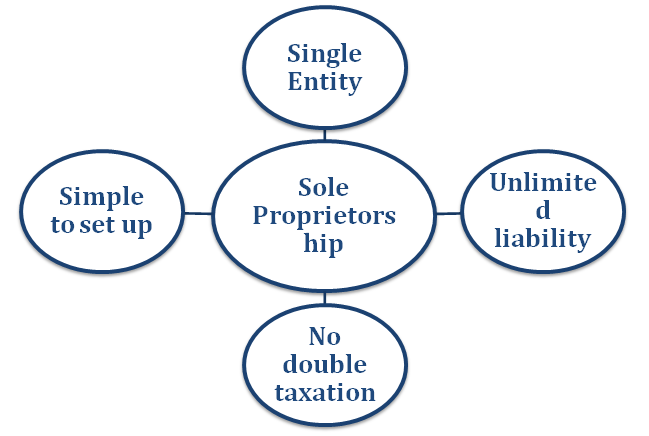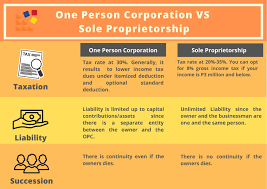Can an OPC be a holding company?
What is an OPC? A One Person Company (OPC) is a relatively new business structure introduced in many countries, including India, through the Companies Act, 2013. It allows a single individual to own and operate a company with the benefits of limited liability. An OPC enjoys several features similar to a private limited company but… Read More »









